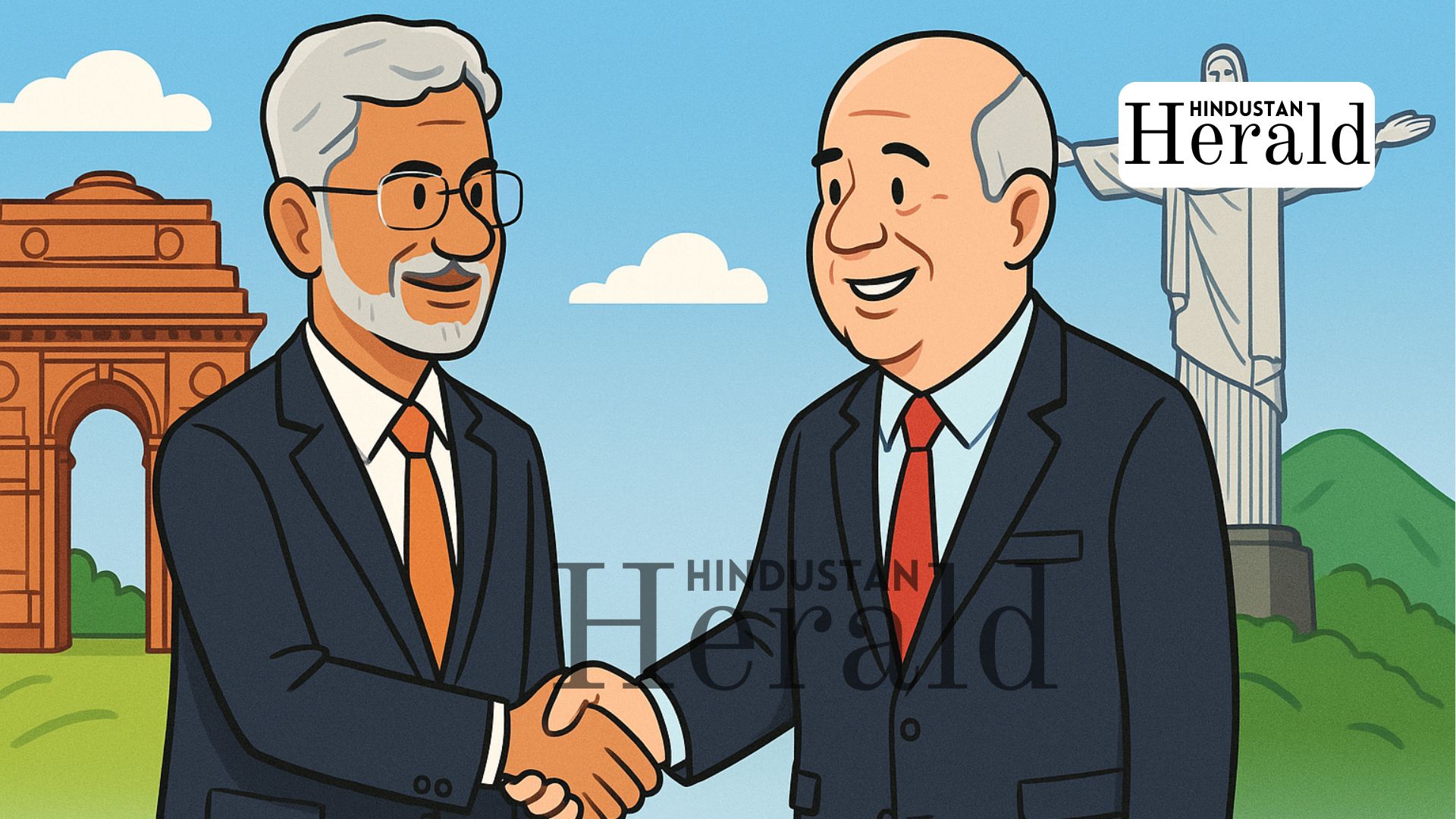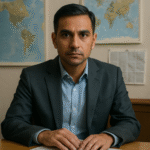New Delhi, September 7: The line was simple, “Warm felicitations to FM Mauro Vieira and the Government and people of Brazil on their Independence Day.” Foreign Minister S. Jaishankar posted it this morning, keeping with tradition. Yet in diplomatic circles, the short message carried weight. It capped off a year when India and Brazil two democracies half a world apart finally began treating each other like partners, not just polite acquaintances.
More Than A Courtesy Tweet
Independence Day greetings usually pass unnoticed. But Brazil at 203 is not the same as Brazil at 193. It is leading the G20, speaking louder inside BRICS, and quietly reasserting itself in global debates. For India, attaching importance to the anniversary was a way of signalling, “We see you, and we’re walking with you.”
A senior official in South Block admitted as much. “These aren’t throwaway lines. We’ve been consciously amplifying ties with Brazil since last year,” he said, noting how often Jaishankar and Vieira have crossed paths.
February In Johannesburg
One of those moments came in Johannesburg in February during the G20 foreign ministers’ meet. Brazil was preparing to guide the grouping; India had just wrapped up its turn. The meeting between Jaishankar and Vieira was, by all accounts, blunt.
An official who sat in the room recalled, “They went straight into Security Council reform, IMF voting rights, and how the G20 agenda can’t be hijacked by big power rivalries.” Both sides left the room calling it “productive” the diplomatic code for genuine movement.
A Visit That Broke A Drought
Then came July 2025. Prime Minister Narendra Modi flew into Brasília on the first state visit by an Indian leader in 57 years. The city had decked itself with Indian flags, but beyond the optics, there was meat on the table.
The two sides signed MoUs on energy, pharma and digital cooperation. Most striking was a counter-terrorism agreement. Brazil’s open condemnation of the Pahalgam attack in April, which killed 26 Indian pilgrims, had already surprised many. The July pact confirmed that solidarity was real.
Standing beside Modi, President Luiz Inácio Lula da Silva said, “Brazil stands firmly against terrorism in all its forms. Our cooperation with India will reflect that.” For a region that has usually stayed clear of South Asian security issues, it was unusual, even historic.
Lula also accepted Modi’s invitation to visit New Delhi something Indian officials say could happen next year.
The 2024 Foundations
None of this sprung out of nowhere. The groundwork was laid in August 2024, when Jaishankar and Vieira co-chaired the India-Brazil Joint Commission. The meeting didn’t grab headlines, but the language was telling. India pledged full backing for Brazil’s G20 presidency. Trade figures still modest but growing were acknowledged. And climate change was framed in terms of “a just world and a sustainable planet.”
One official called it “plodding work,” but added, “without that, the state visit would have been just speeches and handshakes.”
The Shape Of Things
What’s emerging now is a partnership built around four planks:
- Multilateral activism-pushing reforms at the UN, WTO, and beyond.
- Economic complementarity-Brazil’s biofuel leadership and India’s pharma base.
- Security links-with counterterrorism cooperation now formalised.
- Leader-to-leader chemistry-a willingness to meet often and talk frankly.
The Gaps Still Visible
Of course, it’s not seamless. Shipping between Mumbai and São Paulo is costly and slow. There are barely any direct flights. Trade volumes remain a fraction of what both sides talk about. And at the UN, India and Brazil sometimes back different resolutions.
But momentum matters. The greeting today may have looked like routine courtesy, but it rests on months of shuttle diplomacy, high-level visits, and a shared belief that two big democracies from Asia and Latin America can nudge the world system a little closer to balance.
A Line That Spoke Volumes
Most Indians scrolling past Jaishankar’s tweet will never pause. Most Brazilians out celebrating in Rio won’t hear about it. But in the language of statecraft, it was one more quiet signal that India and Brazil are, at last, beginning to matter to each other in ways they haven’t for decades.
Stay ahead with Hindustan Herald — bringing you trusted news, sharp analysis, and stories that matter across Politics, Business, Technology, Sports, Entertainment, Lifestyle, and more.
Connect with us on Facebook, Instagram, X (Twitter), LinkedIn, YouTube, and join our Telegram community @hindustanherald for real-time updates.
Specializes in South Asian geopolitics and global diplomacy, bringing in-depth analysis on international relations.






